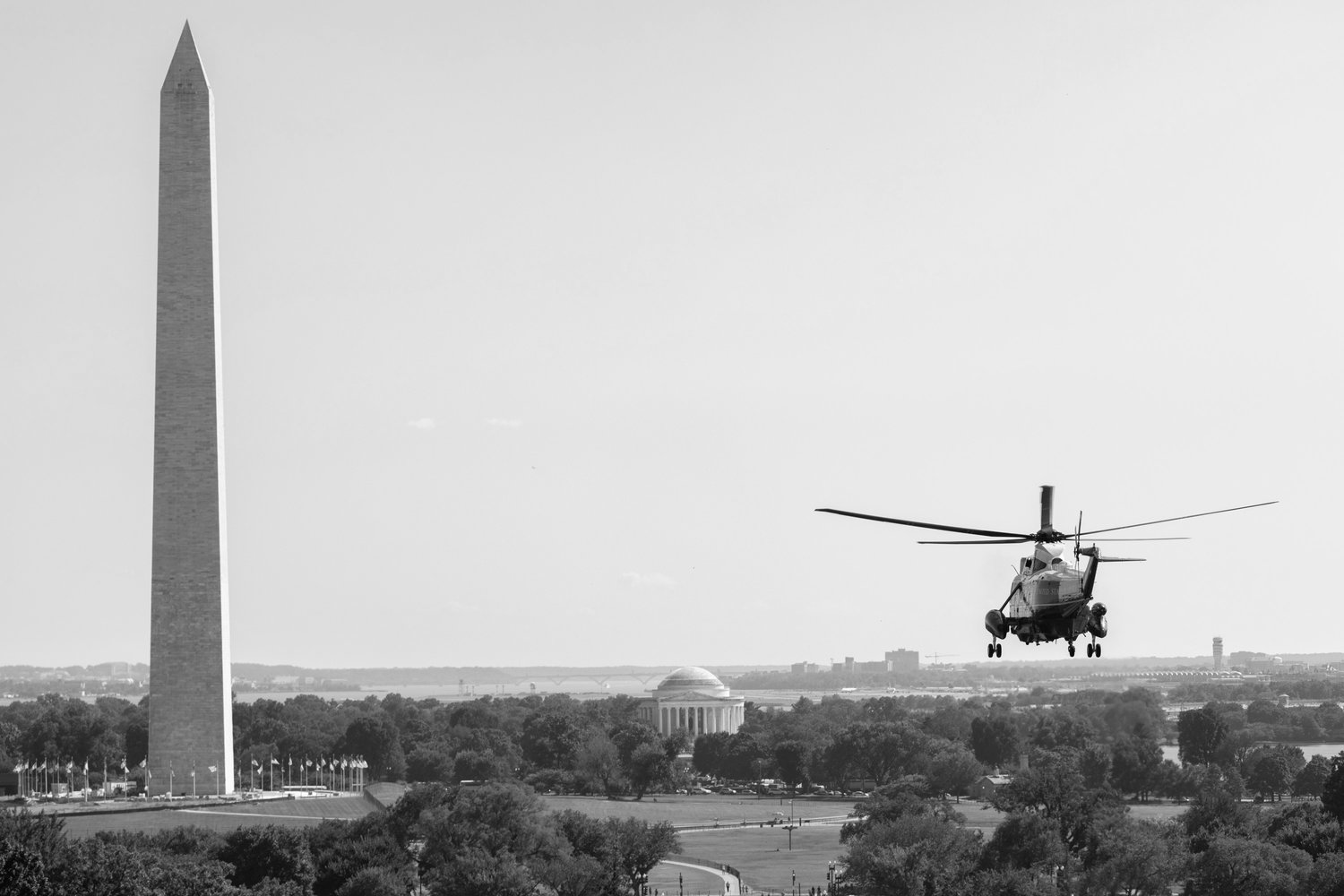
The hell of good intentions
In 1992, the United States stood at the pinnacle of world power—Americans were confident that a new era of peace and prosperity was at hand. Today, those hopes have been dashed. Relations with Russia and China have soured, the European Union is wobbling, partisan politics are increasingly vicious, and the United States is stuck in costly and counterproductive wars that have expended trillions of taxpayer dollars and undermined its influence around the world.
In a new book, Harvard professor Stephen Walt argues that the root of this dismal record is the Washington foreign policy establishment’s stubborn commitment to a strategy of “liberal hegemony.” Since the end of the Cold War, across the political spectrum, Washington policymakers have tried to use U.S. power to spread democracy, open markets, and other liberal values into every nook and cranny of the planet. This strategy was doomed to fail, but its proponents in the foreign policy elite were never held accountable and kept repeating the same mistakes.
The best alternative is a return to the realist strategy of “offshore balancing,” which eschews regime change, nation-building, and other forms of global social engineering. The American people would surely welcome a more restrained foreign policy, one that allowed greater attention to problems here at home. This long-overdue shift will require abandoning the futile quest for liberal hegemony and building a foreign policy establishment with a more realistic view of American interests and power.


